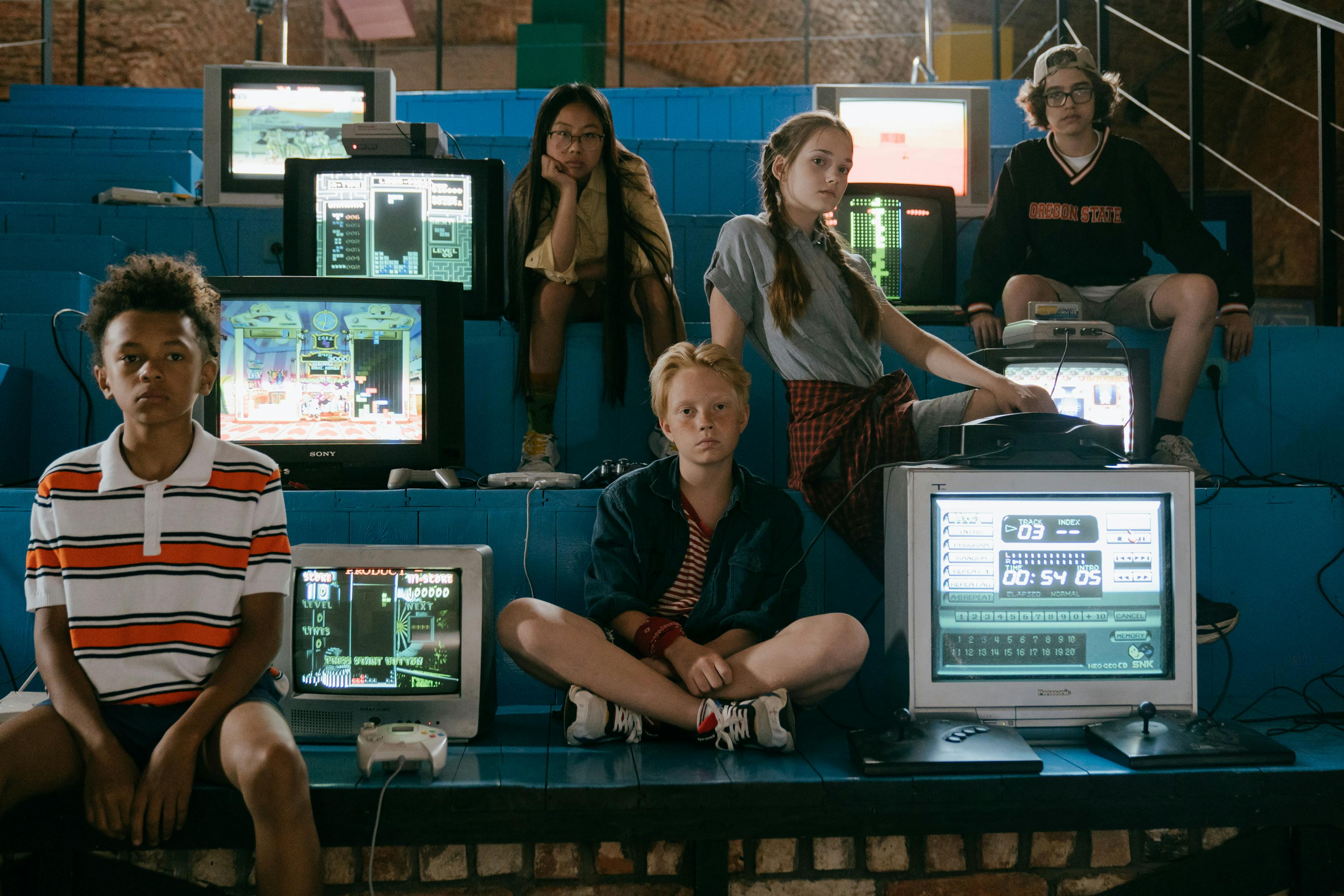"Blurring the Lines: The Convergence of Gaming and Blockchain"
Introduction: In an ever-evolving digital realm, two industries are converging in an exciting, unexpected way. The high-octane world of gaming is intersecting with the enigmatic sphere of blockchain technology, creating a new frontier of possibilities. This article peels back the layers of this intriguing merger, exploring its history, recent developments, and potential impact on the global market.

A Glimpse into the Past
The concept of integrating gaming with blockchain is not entirely new. In fact, the roots trace back to the mid-2010s, when Bitcoin was still in its infancy and blockchain technology was a mysterious concept to most. The first known blockchain game, Huntercoin, emerged in 2014 as an experimental, open-source project. Essentially, it was a simple, multiplayer online game that allowed players to mine the cryptocurrency Huntercoin as they moved around a virtual map. Although it was far from perfect, Huntercoin laid the groundwork for future blockchain games.
Venturing into the Present
Fast forward to the present day, blockchain gaming has evolved into a more sophisticated and mainstream entity. Games like CryptoKitties and Decentraland offer virtual worlds where players can buy, sell, and trade digital assets using blockchain technology. These games have generated massive interest, highlighting the potential of blockchain to revolutionize the gaming industry.
However, the real game-changer came in 2021, when Ubisoft, a leading video game publisher, announced its venture into blockchain gaming. With Ubisoft Quartz, players can buy, own, and sell “Digits,” digital items that exist on the blockchain. These Digits are unique, limited-edition assets that players can use in games, marking a significant step towards the convergence of gaming and blockchain.
A Look into the Future
The future of this convergence looks promising. Blockchain technology can introduce a new level of transparency and fairness in gaming, making it possible for gamers to own digital assets and profit from their in-game achievements. It can also facilitate secure, peer-to-peer transactions, reducing the risk of fraud and enhancing the overall gaming experience.
The Market Impact
The integration of gaming and blockchain is poised to make a significant impact on the global market. With the global video game market expected to reach $256.97 billion by 2025 and the blockchain market predicted to hit $39.7 billion by 2025, the convergence of these two markets could create a multi-billion dollar industry. Yet, the pricing of blockchain-integrated gaming products remains uncertain. It will largely depend on the demand and perceived value of the unique, blockchain-based assets.
Unraveling the Challenges
Despite the exciting prospects, the convergence of gaming and blockchain is not without challenges. Regulatory issues, scalability, and acceptance by the mainstream gaming community are hurdles that need to be overcome. Blockchain’s complex nature may also be intimidating for some gamers, which could slow down the adoption process.
Nevertheless, as the technology matures and becomes more accessible, the convergence of gaming and blockchain could herald a new era in the digital realm. With its potential to transform gaming economies, enrich player experiences, and create new market opportunities, this unlikely pairing is set to redefine the boundaries of both industries.
As we continue to explore this digital frontier, one thing is clear: the fusion of gaming and blockchain is not just a fleeting trend—it’s an exciting evolution that promises to reshape the way we engage with the digital world.





